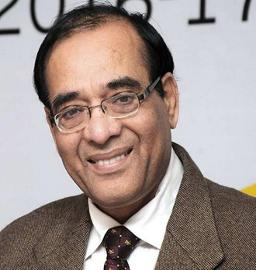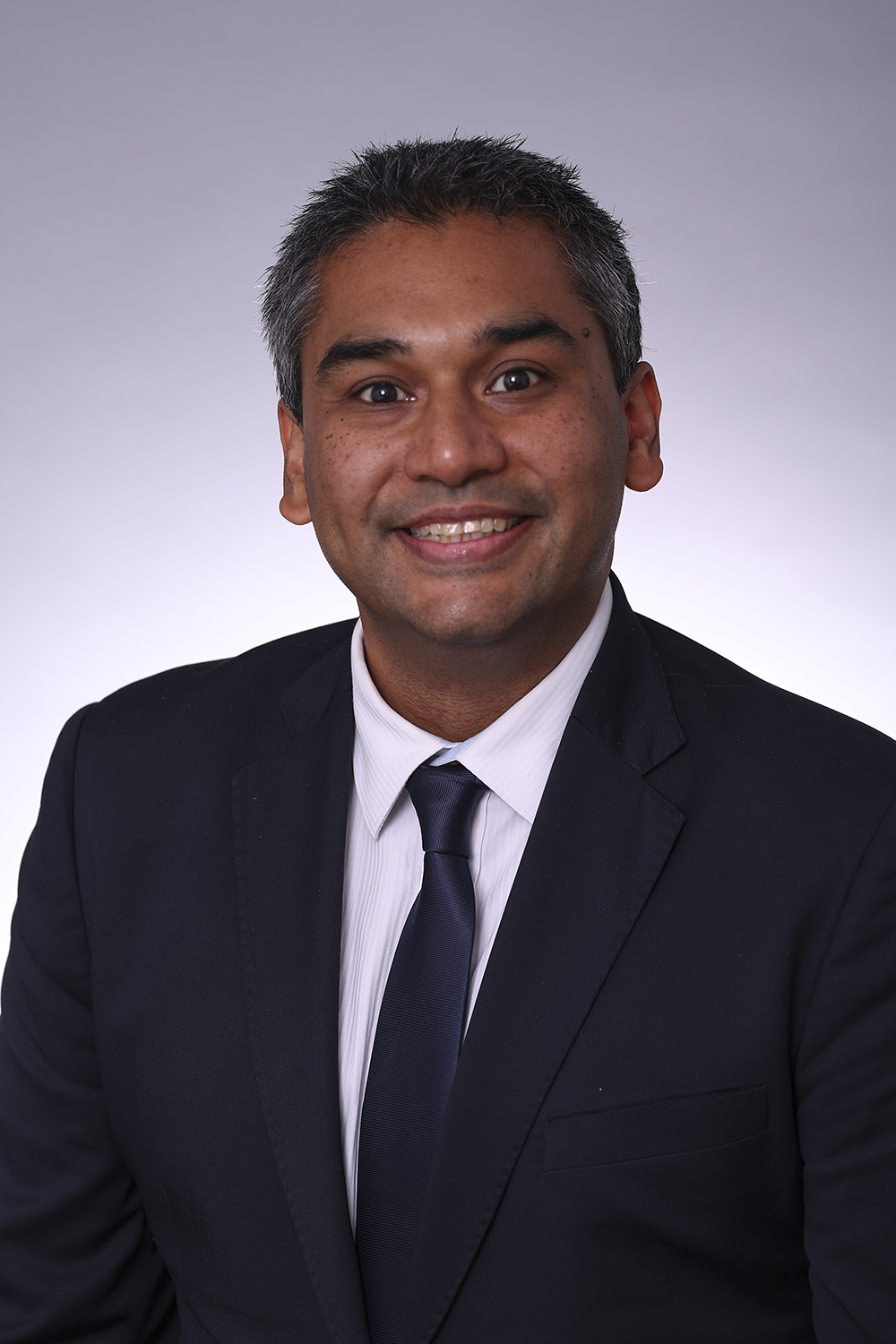{
"authors": [
"Gulshan Rai",
"Veerle Nouwens",
"Alexander Gabuev",
"Rudra Chaudhuri"
],
"type": "event",
"centerAffiliationAll": "",
"centers": [
"Carnegie Endowment for International Peace",
"Carnegie India"
],
"collections": [],
"englishNewsletterAll": "",
"eventCollection": [
"India and the World"
],
"nonEnglishNewsletterAll": "",
"primaryCenter": "Carnegie India",
"programAffiliation": "",
"programs": [],
"projects": [],
"regions": [
"South Asia",
"India",
"East Asia",
"Europe",
"Russia",
"United Kingdom",
"China"
],
"topics": [
"Foreign Policy",
"Technology"
]
}
'Decoupling' and the Geopolitics of 5G
Thu, August 6th, 2020
Zoom Webinar
Two weeks after the Indian government banned the use of 59 Chinese applications, on the grounds of the risk posed to national security, the United Kingdom (UK) reversed its policy on Huawei’s operations in the country — banning the use of the Chinese tech giant’s equipment in the UK’s 5G network. The same, however, cannot be said of Russia, a country reeling from western sanctions, and one that views Huawei as an enticing low-cost prospect for its 5G buildout.
As international pressure grows to contain China’s increasingly aggressive global posturing, what impact will this shifting balance have on the future of 5G across the world? Are countries like India and the UK in a position to ‘decouple’ their technological growth and advancement from China, and what are the potential economic and geopolitical ramifications of such manoeuvrings?
On August 5, we hosted Gulshan Rai, Alexander Gabuev, and Veerle Nouwens for a webinar on the future of 5G in an increasingly mercurial world order. The discussion was moderated by Rudra Chaudhuri.
Carnegie does not take institutional positions on public policy issues; the views represented herein are those of the author(s) and do not necessarily reflect the views of Carnegie, its staff, or its trustees.
Event Speakers
Gulshan Rai

Gulshan Rai is the former National Cyber Security Coordinator at the Prime Minister’s Office, Government of India.
Veerle Nouwens

Veerle Nouwens is a Research Fellow at the International Security Studies Department of the Royal United Services Institute, focusing on geopolitical relations in the Asia-Pacific region.
Alexander Gabuev is director of the Carnegie Russia Eurasia Center. Gabuev’s research is focused on Russian foreign policy with particular focus on the impact of the war in Ukraine and the Sino-Russia relationship. Since joining Carnegie in 2015, Gabuev has contributed commentary and analysis to a wide range of publications, including the Financial Times, the New York Times, the Wall Street Journal, and the Economist.
Rudra Chaudhuri was the director of Carnegie India. His research focuses on the diplomatic history of South Asia, contemporary security issues, and the important role of emerging technologies and digital public infrastructure in diplomacy, statecraft, and development. He and his team at Carnegie India chair and convene the Global Technology Summit, co-hosted with the Ministry of External Affairs, Government of India.

